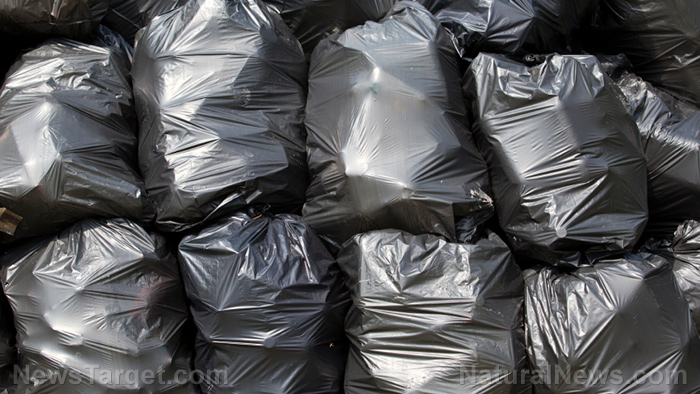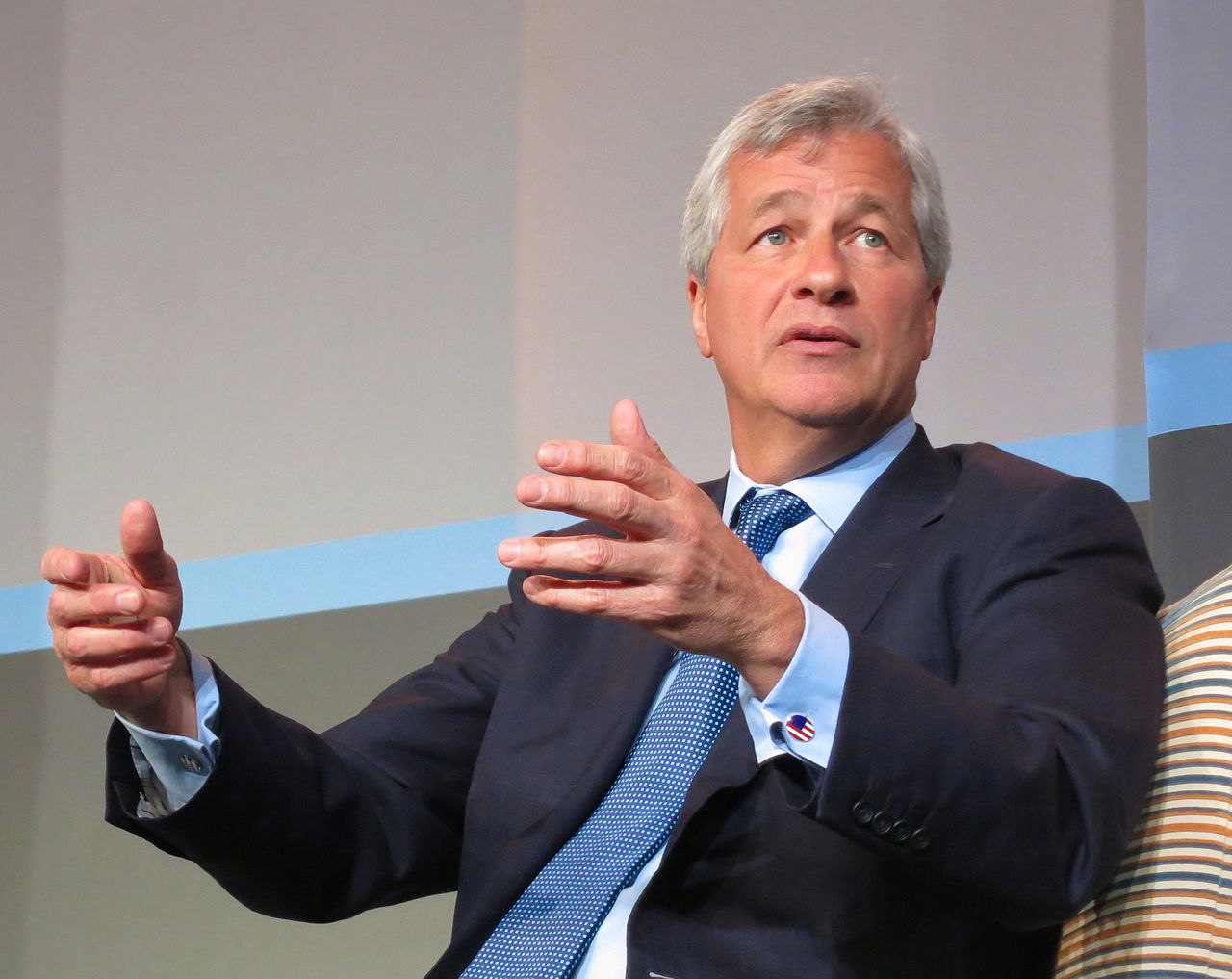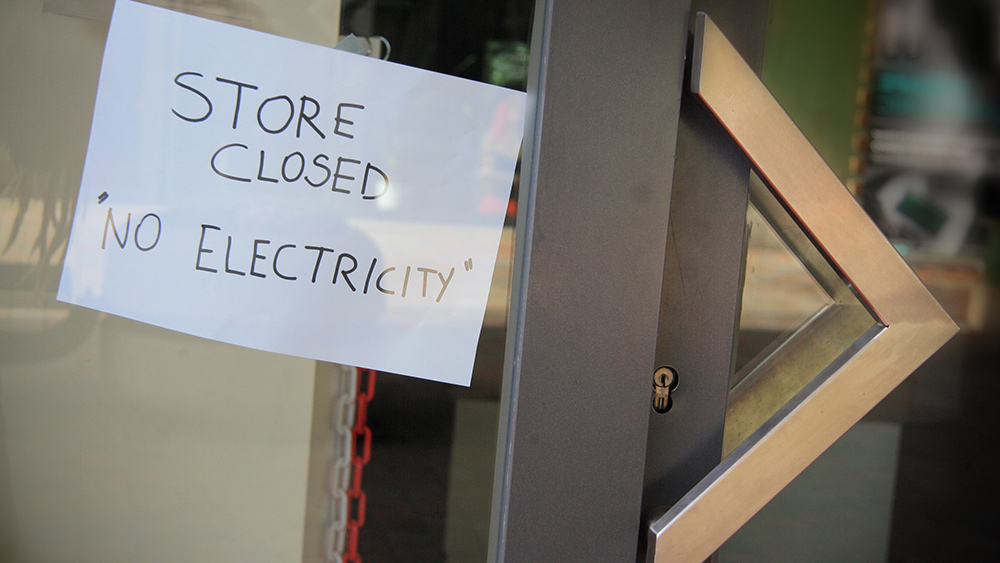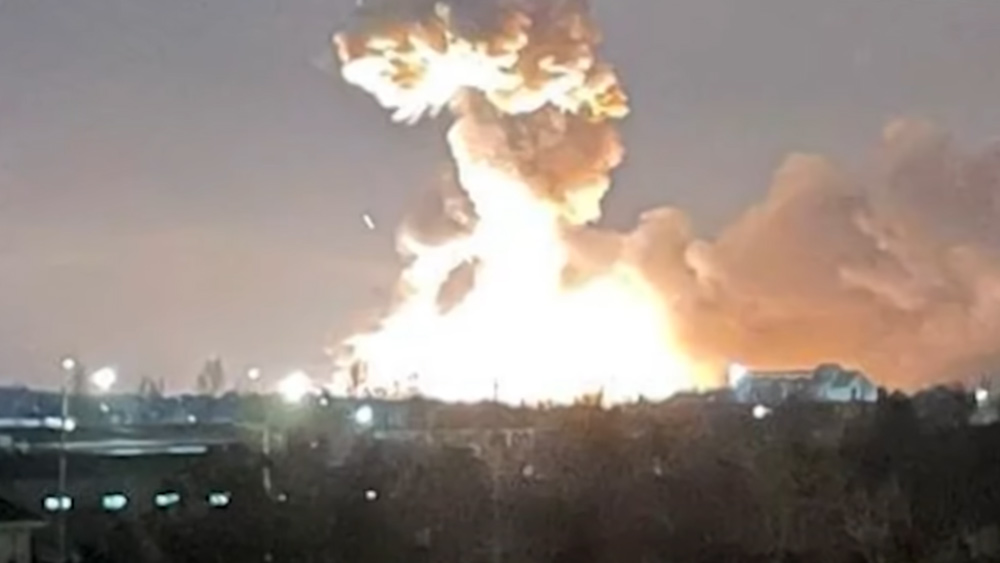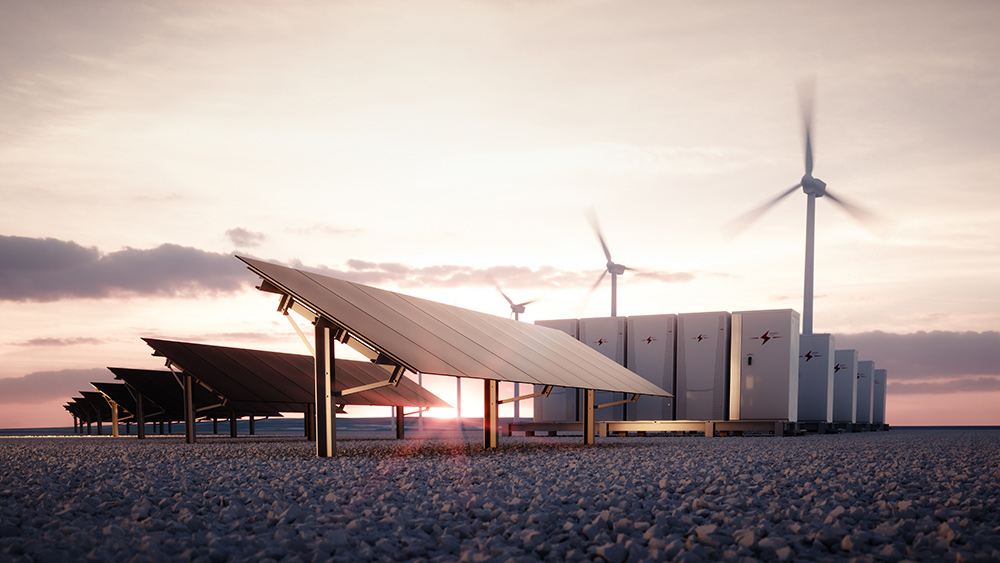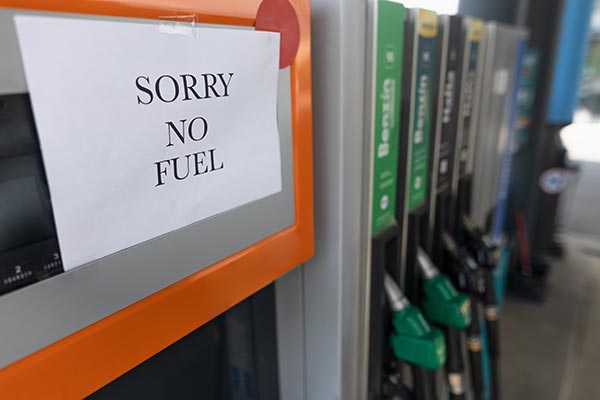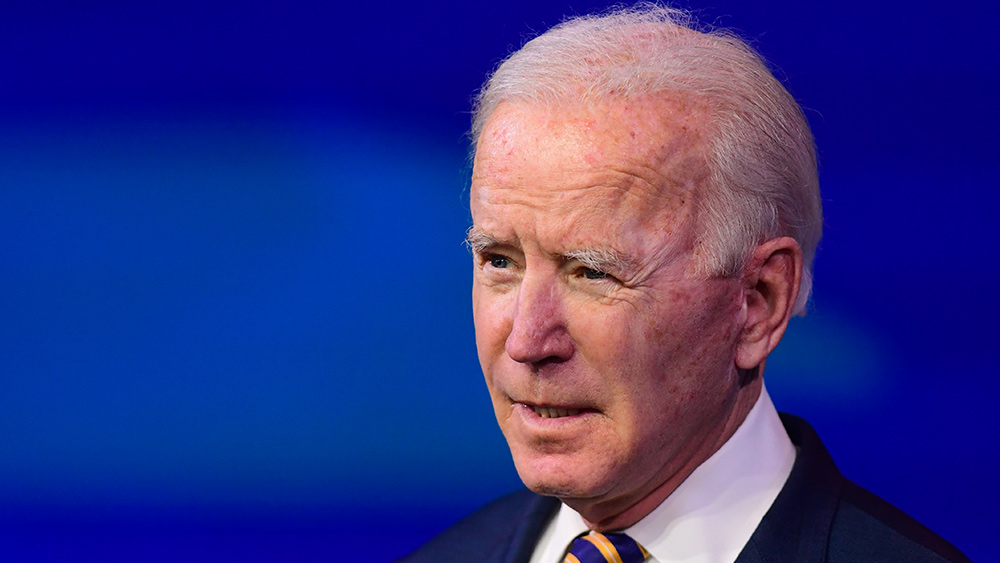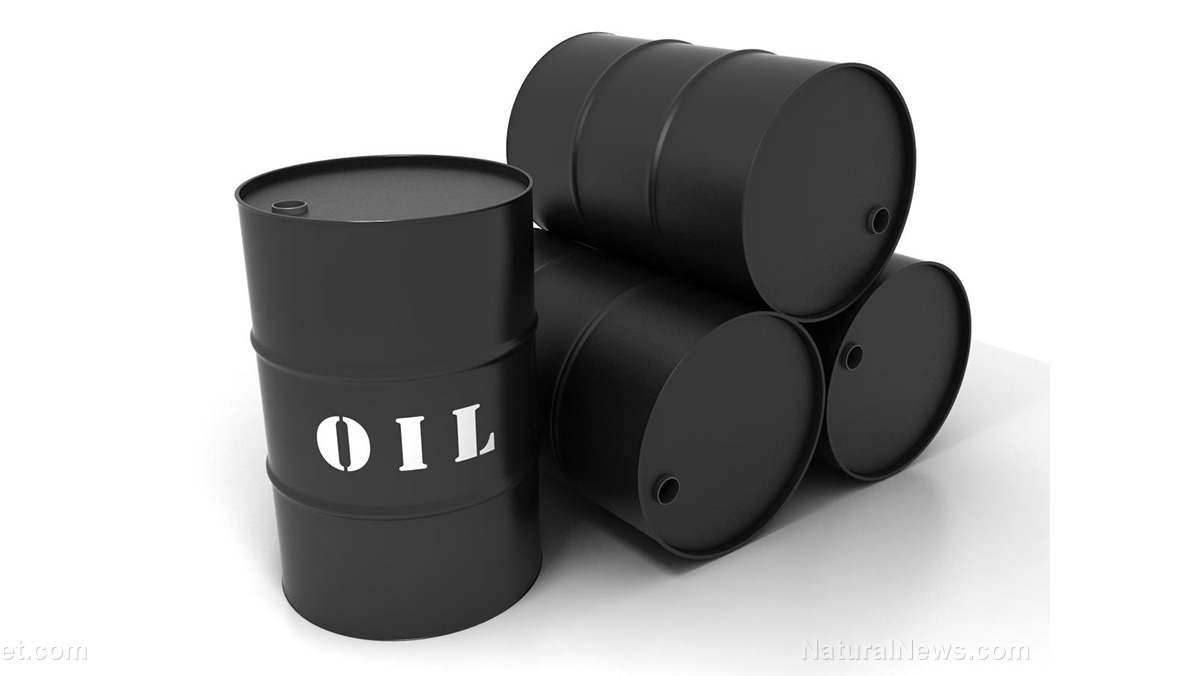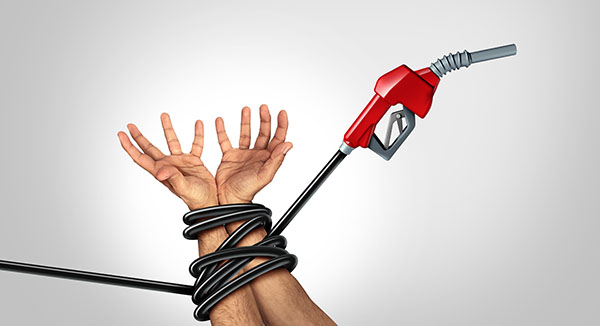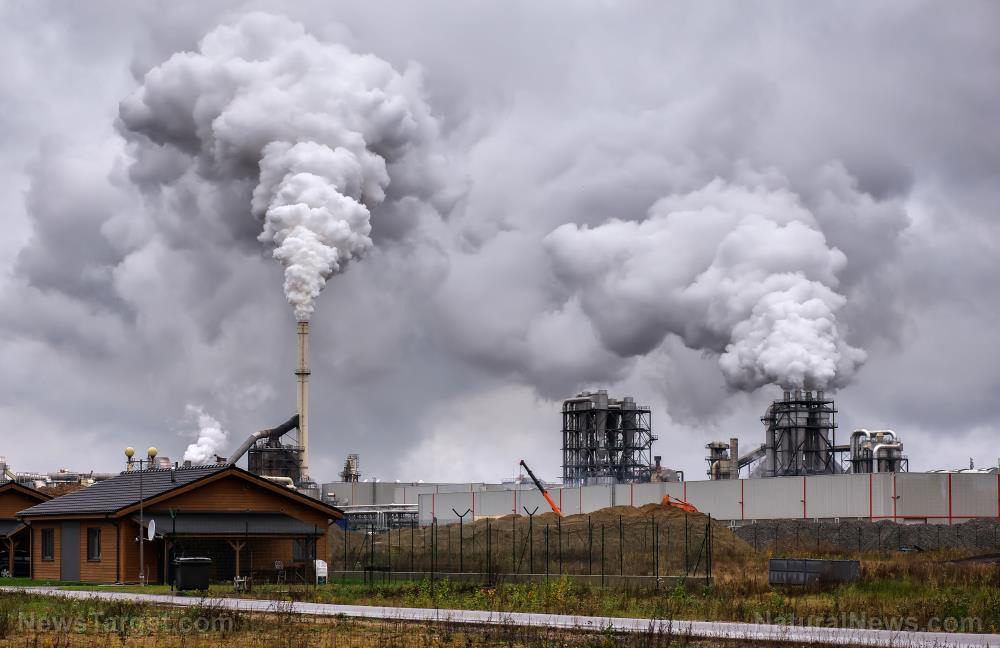Hungary, Serbia building pipeline for Russian oil and gas to dodge EU sanctions
10/18/2022 / By Kevin Hughes
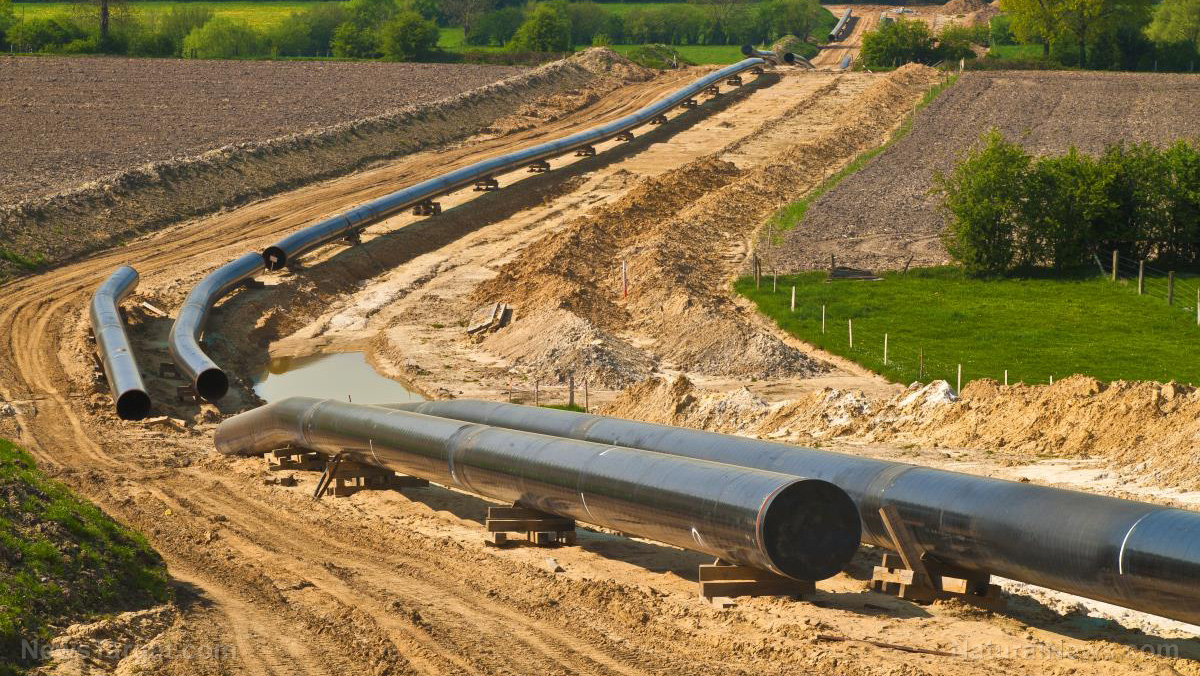
Hungary and Serbia are planning to build a new pipeline to dodge sanctions imposed by the European Union (EU) on Russian oil. The new pipeline will connect to the Druzhba pipeline, also known as the Friendship pipeline, linking Budapest and Moscow.
Hungarian Secretary of State for Public Diplomacy and Relations Zoltan Kovacs made the announcement in a tweet, specifically citing the new sanctions imposed by the EU as one of the main reasons for the new pipeline deal inked with Belgrade.
Kovacs said Serbian President Aleksandar Vucic and Hungarian Prime Minister Viktor Orban “agreed to build an oil pipeline to Hungary … [that] would enable Serbia to be supplied with cheaper Urals crude oil.” The spokesman for Budapest added that “at present, the country’s oil supply is largely via a pipeline through Croatia, but this is unlikely to be possible in the future because of the sanctions that have been adopted.”
Hungary has been one of the few EU countries opposing energy sanctions, given that it remains largely dependent on Russian oil. Prior to the EU enforcing the eighth round of sanctions early this month, Orban’s office declared its refusal to support the sanctions in a statement.
“Hungary has done a lot already to maintain European unity, but if there are energy sanctions in the package, then we cannot and will not support it,” the office announced.
Russia supplied two-fifths of Europe’s natural gas in 2021
In spite of the Russia-Ukraine war, the European continent has only been able to cut down its combined gas dependency on Russia by a mere five percent. Moscow, in contrast, contributed to 40 percent of Europe’s total natural gas consumption in 2021.
Under Orban’s leadership, Hungary has been critical of EU sanctions slapped on Moscow. The prime minister explained that the sanctions have “failed as governments in Europe are collapsing like dominoes.” (Related: Hungary says no to EU’s Russian oil embargo sanction.)
The Central European nation lamented that the sanctions jacked up energy prices and caused an energy crisis all over the continent. It also announced that it would support Serbia with gas supplies if required. According to Orban, Hungary has gas reserves for almost five to six months of consumption.
Presently, Serbia receives its oil from Russia through the Adria oil pipeline, which also passes via Croatia and Hungary. The EU, however, placed an oil price cap for Russian seaborne crude deliveries to third countries as part of the sanctions imposed on Moscow.
Hungarian Foreign Minister Peter Szijjarto warned days before an emergency meeting of EU energy ministers in September that the suggested European price cap on Russian natural gas might result in Moscow unexpectedly shutting down the supply to Europe.
Kovacs remarked that the new pipeline connecting Serbia to Hungary, and by extension Russia, forms part of Budapest’s long-term goal of expanding the region’s energy infrastructure.
Meanwhile, a Serbian energy security report pointed out that Belgrade is limited to the supply of natural gas from the Russian state-owned gas company Gazprom – its lone supplier. This is why the diversification of suppliers is as important as the diversification of routes, the report emphasized.
Follow FuelSupply.news for more news about the European oil and gas crisis.
Watch the video below to know why Hungarian Prime Minister Viktor Orban blocked the EU’s embargo on Russian oil.
This video is from the Russia Truth channel on Brighteon.com.
More related stories:
Within two months, there’ll be a “great world conflict,” warns Serbian president.
Sources include:
Submit a correction >>
Tagged Under:
Adria pipeline, big government, collapse, crude oil, Druzhba pipeline, energy collapse, energy crisis, energy supply, European Union, fuel supply, Gazprom, Hungary, natural gas, pipelines, power, power grid, Russia-Ukraine war, sanctions, Serbia, supply chain, World War III
This article may contain statements that reflect the opinion of the author
RECENT NEWS & ARTICLES
COPYRIGHT © 2022 FuelSupply.news
All content posted on this site is protected under Free Speech. FuelSupply.news is not responsible for content written by contributing authors. The information on this site is provided for educational and entertainment purposes only. It is not intended as a substitute for professional advice of any kind. FuelSupply.news assumes no responsibility for the use or misuse of this material. All trademarks, registered trademarks and service marks mentioned on this site are the property of their respective owners.

